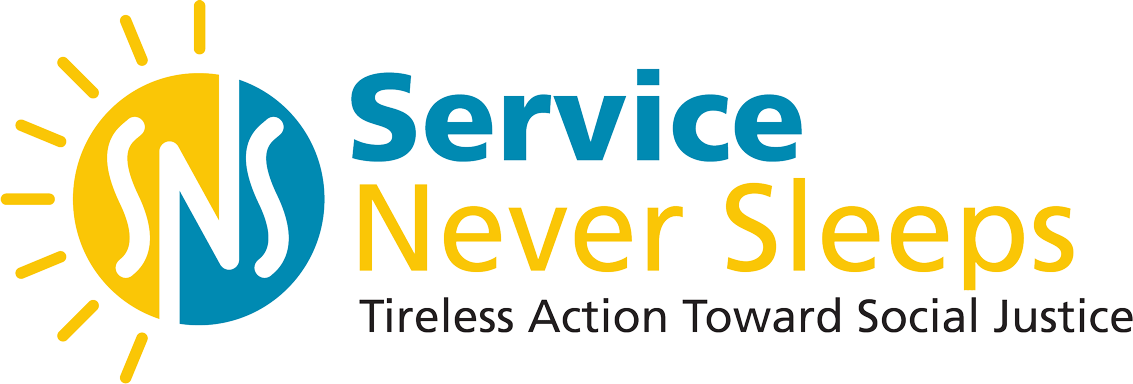On August 12, 2017, I was in Charlottesville as a counter protester with a deep conviction that vitriol must always be confronted, that communities must be supported when facing harm, and that fear could never be used to intimidate and stop justice. I watched in horror and fear as white supremacists violently took over Charlottesville to protect a statue, under the false belief that they were fighting for their rights, their identities, and their power. When we had arrived earlier that morning before the crowds, I remember seeing people passing by and asking, “Which side are they on?”
I had similar feelings of horror on Wednesday, as I watched rioters overtake the United States Capitol because of discontent with November’s fair and legal election results. As they broke windows and climbed walls to invade the building, took selfies in political leaders’ seats, and led violent attacks that have resulted in five deaths, I could not deny the reality that this insurrection was driven by the same motivations as Charlottesville. Wednesday’s actions resulted from extensive escalation and brewing. These acts of terror were preventable, and complicity extends far beyond solely the thousands of primarily white people who raided the building.
I am appalled that matters came to this, but sadly, I am not surprised. As an engaged citizen, for months I have noted Donald Trump’s consistent and direct appeals to his supporters to defend his presidency under a false premise of election theft. Words matter, especially words in positions of power. As a Black woman, my perspective is layered and complicated. I cannot deny a history of forceful action when people feel like they are losing; when white supremacy misconstrues justice as an attack on their freedoms; when equality, diversity, and equity are perceived as threats to their own identities and power. I also cannot deny full awareness that this attack was not met with the resistance and full-on tactical mobilization that peaceful movements led by people of my skin color received just this past year. When Black people exercise our right to protest in pursuit of justice and mere survival, we are often met with violence, backlash, and much societal shunning. Yet, the anarchist attack that we saw yesterday was handled much differently than what I have personally witnessed in my own activism on multiple occasions.
Wednesday’s headlines have implications far beyond politics, and have systemic roots. These acts were driven by everyday people from across the country who feel threatened by a changing country, fearful about what it could mean for their power, and are committed to maintaining control by any means necessary. This is in direct alignment with how systemic oppression operates. As I think about the road ahead, I find myself asking the same question that I asked in Charlottesville: What side will people be on?
Will we be on the side of truth, sharing an accurate narrative about what happened, how we got here, and what it means?
Will we be on the side of intense evaluation, as we critically examine the deep-seated ills that led us to this moment, on top of the many other events and trauma that we have witnessed?
Will we be on the side of accountability as we speak out about these matters, engage others about these topics, and call out and call in people who demonstrate similar mindsets and behaviors?
Will we be on the side of safety for our marginalized siblings who are most vulnerable when people’s power feels threatened? Will we listen when oppressed communities express their fear and concerns about impending danger and embedded systems?
Will we be on the side of justice, and how will we actively pursue it in our own lives and communities?
I was not expecting this to be my first message of the year. I, like many people, had been excited to draw 2020 to a close. But this incident, barely a few days into the new year, reminds me that centuries-worth of systems do not change overnight. While we can celebrate progress and wins, we must maintain commitments to the work ahead. Change will take intention, action, accountability, and courage. Action looks different for all of us, but there is something that we all can do, especially in our areas of privilege as allies. I know that I am using this moment to identify the truths, validate my feelings, determine what I can/should do, and then get to work. The same applies to Service Never Sleeps as we vigorously continue to drive our Allyship mission. We hope that you will join us in that collective work.
Onwards,
Whitney
